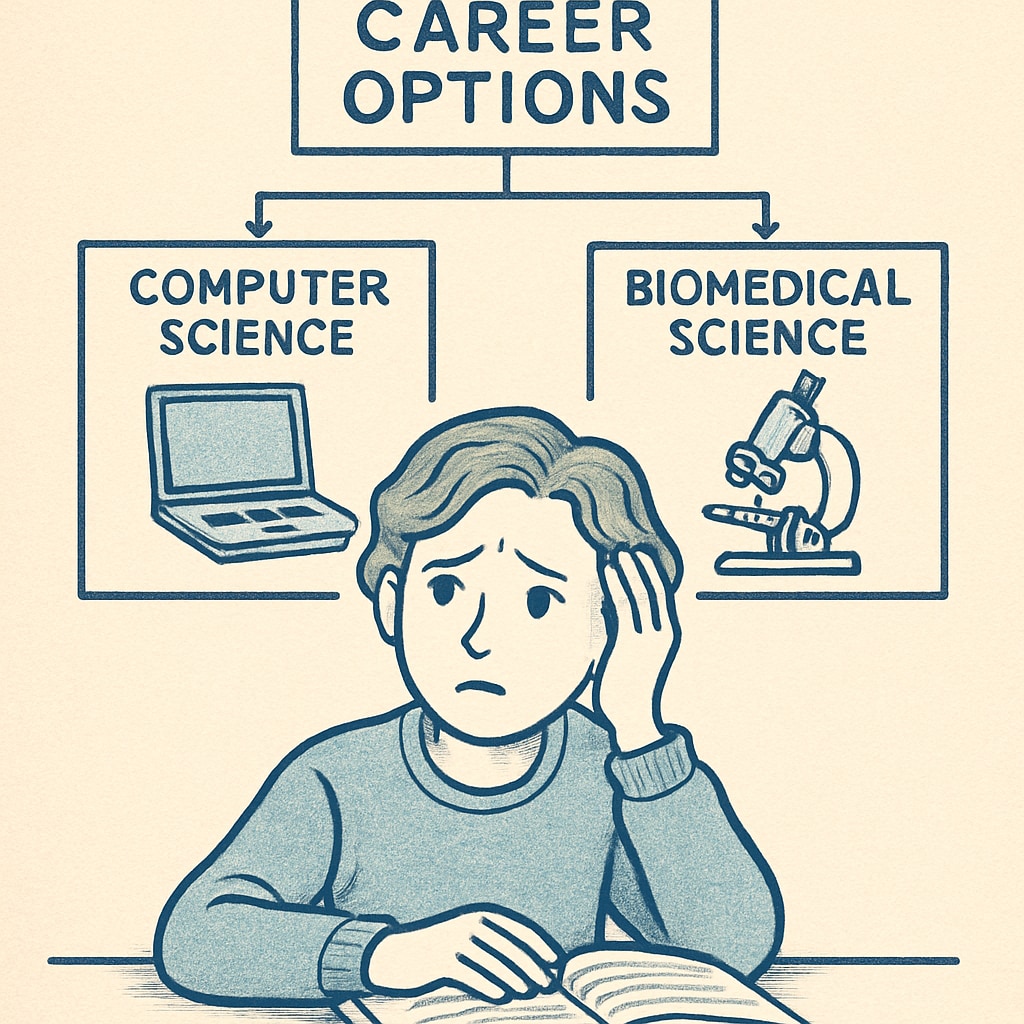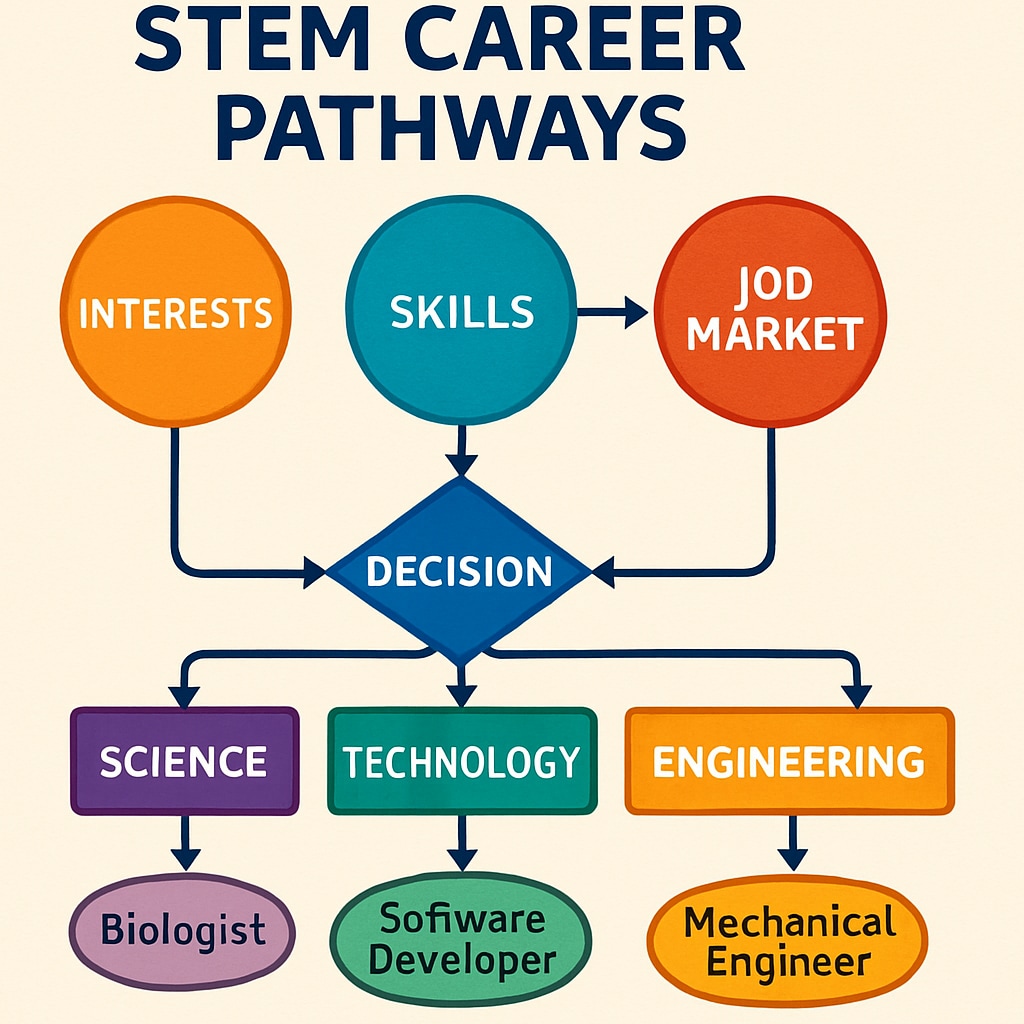When facing major selection in STEM fields, high school graduates experience unique career planning challenges that blend excitement with overwhelming uncertainty. The pressure to choose between fast-growing domains like computer science and mission-driven fields like biomedical sciences creates analysis paralysis for many students.

The Dual Pressure of Modern STEM Education
Today’s students navigate two conflicting forces: the explosive growth of technology careers (BLS IT employment projections) and the societal importance of scientific research. Consider these contrasting realities:
- Computer science offers 22% projected job growth but requires continuous skill updates
- Biomedical fields provide mission-driven work but often demand extended education
- Emerging interdisciplinary areas (bioinformatics, quantum computing) blur traditional boundaries
Decision-Making Frameworks for Uncertain Times
Rather than chasing “hot” majors, students should evaluate options through multiple lenses:
- Skill-Interest Alignment: Map natural abilities to daily work activities
- Career Pathway Visibility: Identify clear progression milestones in target fields
- Industry Resilience: Assess automation risks and industry growth cycles

Top universities now emphasize “major exploration” programs recognizing that 30-50% of students change majors. This reflects the dynamic nature of STEM fields where today’s specialties may evolve into entirely new disciplines.
Building Future-Proof STEM Identities
Students can adopt these strategies to reduce selection anxiety:
- Pursue project-based learning before committing to degrees
- Develop transferable competencies (data literacy, computational thinking)
- Create “career portfolios” instead of linear pathways
Transition tip: Many STEM careers now value demonstrated skills over specific degrees. Platforms like GitHub for coders or ResearchGate for scientists allow early professional visibility regardless of academic choices.


